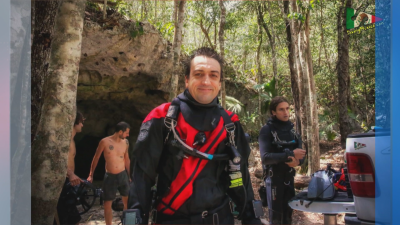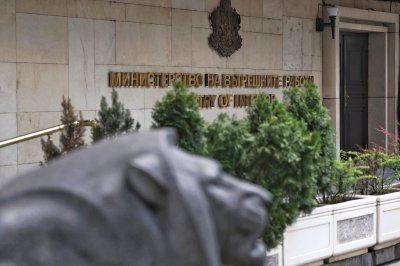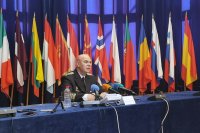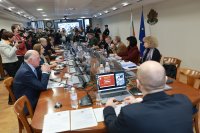More than half of Bulgarians do not feel informed about the introduction of the euro in the country.
59% support President Radev’s initiative for holding a referendum, but this does not affect his public approval.
There is no significant shift in public evaluation of the work of key institutions. Following a slight erosion in support, Ahmed Dogan’s party now ranks as the eighth political force in the country.
In the past two months, no major changes have been observed in public perception of the performance of major institutions, despite the dynamics of the events around them.

Parliament continues to receive low approval ratings, with 15% positive and 77% negative assessments.
The government has remained at similar levels for the third consecutive month, with 26% approving and 57% disapproving of its work in May.

President Radev’s referendum initiative has not affected the assessment of his work, which remains unchanged for yet another month. 41% view his performance positively.
There are also no significant changes in the electoral landscape.
GERB retains its lead with 26.2% of the vote.
'We Continue the Change – Democratic Bulgaria' (WCC-DB) and 'Vazrazhdane' are neck-and-neck, polling at 13.8% and 13.5% respectively.
A slight increase is recorded for 'MRF–New Beginning', now at 11.6%.
'BSP–Union Left' maintains its support level at 6.8%.
Three parties show similar levels of support: There Is Such a People (TISP) with 6%, MECh (Mlrality, Unity, Honour) with 5.9%, and MRF (Dogan) with 5.8%, a decline from 6.7% in March.
'Velichie' remains close to the electoral threshold, with 3.9% support among voters.
Due to President Radev’s referendum initiative and the upcoming release of the Convergence Report, the euro adoption emerged as the central issue of the month. As a result, several related indicators were tested.

More than half (55%) of Bulgarian citizens do not feel well-informed about the process of introducing the euro in Bulgaria.
41% feel informed, with lower levels of awareness observed among people over 60 years of age and among ethnic minorities.
Among university graduates, more than half feel well-informed.
59% of respondents approve of President Radev’s initiative to hold a referendum on euro adoption in 2026, while 31% do not support such a public vote.

When presented with three statements about euro adoption in Bulgaria:
21% believe the country should adopt the euro on January 1, 2026;
33% support euro adoption, but at a later date;
38% believe Bulgaria should not adopt the euro at all.
The strongest support for euro adoption in 2026 comes from the youngest age groups (18–29 and 30–39).
The most skeptical attitudes are found among the elderly and socially vulnerable groups.
Voters of GERB and WCC–DB are the most supportive of Bulgaria joining the euro area as of January 1, 2026.







 Чуй новините
Чуй новините Подкаст
Подкаст



























